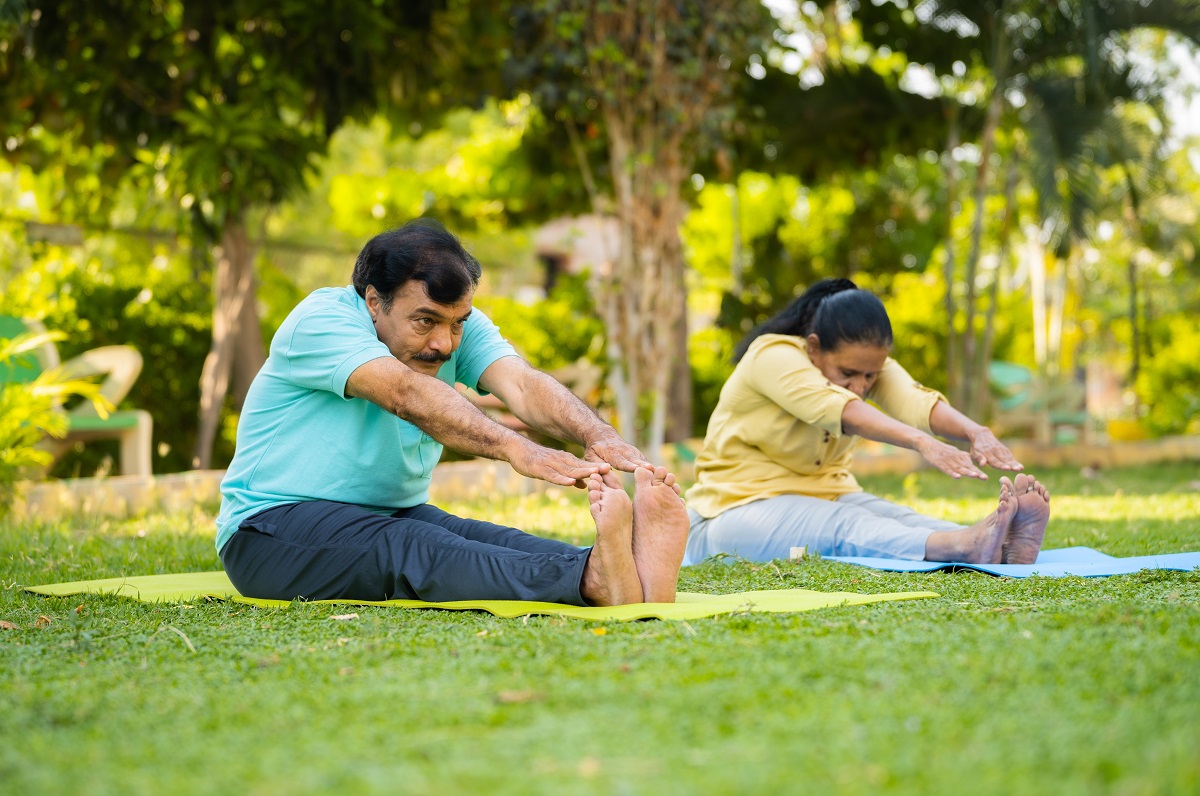In senior living communities, socialization is more than just a perk – it’s essential for residents’ well-being. Here’s why:
- Combatting Isolation: Many seniors face isolation and loneliness, but socialization activities in communities offer vital connections and support networks, reducing feelings of loneliness and enhancing mental well-being.
- Maintaining Cognitive Function: Social engagement has cognitive health benefits, keeping seniors mentally sharp and reducing the risk of cognitive decline. Group activities and stimulating conversations contribute to overall cognitive vitality.
- Physical Health: Socialization isn’t just good for mental health – it also impacts physical well-being. Participating in group exercises and outdoor activities encourages seniors to stay active, improving mobility, strength, and overall health.
- Sense of Belonging: Transitioning to a senior living community can be challenging, but socialization activities foster a sense of belonging and purpose. Residents engage in meaningful conversations, pursue shared interests, and contribute to the community, fostering fulfillment.
- Emotional Support: Strong social networks provide emotional support during life transitions and challenges. Close bonds with peers offer empathy, encouragement, and companionship, promoting resilience and well-being.
In conclusion, prioritizing socialization in senior living communities creates vibrant, inclusive environments where residents thrive emotionally, socially, and physically. By embracing socialization as a cornerstone of community life, senior living facilities enhance the well-being and happiness of their residents, fostering fulfilling experiences in the golden years of life.




